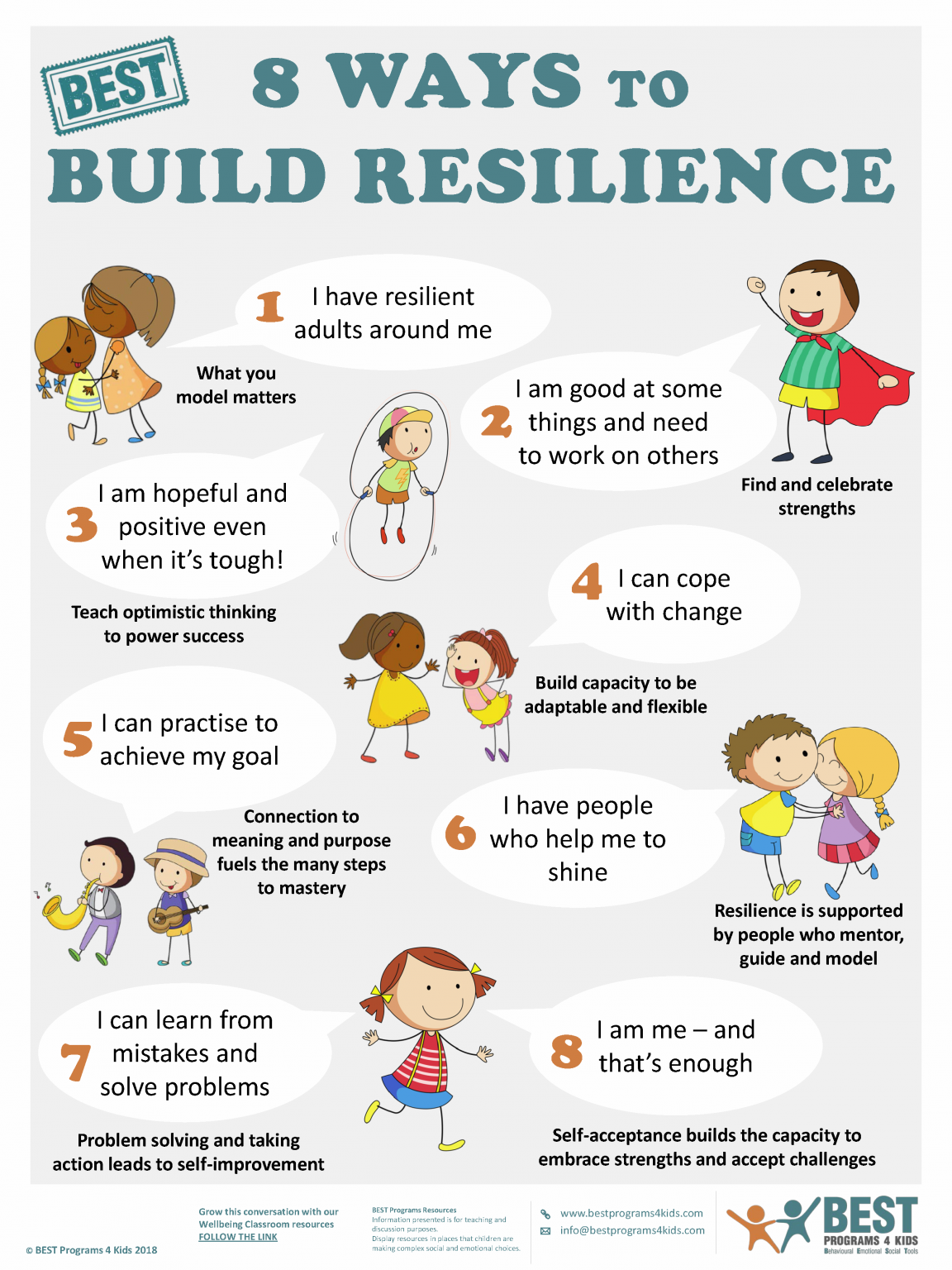Boosting Resilience: Strategies For Mental Wellbeing

Table of Contents
Understanding Resilience: Building Your Mental Fortress
Resilience, in the context of mental wellbeing, refers to your capacity to adapt successfully to stress, trauma, adversity, tragedy, threats, or significant sources of change. It's about bouncing back from setbacks, learning from difficult experiences, and maintaining a positive outlook even in the face of hardship. Several factors contribute to building this crucial mental fortress: optimism, self-efficacy (belief in your ability to succeed), strong social support, and the ability to regulate your emotions effectively.
- Develop a positive self-image: Nurture self-acceptance and appreciate your strengths. Challenge negative self-talk and replace it with positive affirmations.
- Cultivate optimism and a hopeful outlook: Focus on solutions rather than dwelling on problems. Practice gratitude and appreciate the good things in your life.
- Practice self-compassion: Treat yourself with kindness and understanding, especially during difficult times. Forgive yourself for mistakes and acknowledge your efforts.
- Identify and challenge negative thought patterns: Become aware of your cognitive distortions (e.g., catastrophizing, all-or-nothing thinking) and replace them with more realistic and balanced thoughts.
Lifestyle Choices: Fueling Your Resilience
Your lifestyle significantly impacts your mental resilience. Healthy habits are not just about physical health; they're fundamental to building a strong mental foundation.
Prioritizing Sleep: The Cornerstone of Resilience
Sufficient and restful sleep is paramount for mental wellbeing. Aim for 7-9 hours of quality sleep per night. Good sleep hygiene includes establishing a regular sleep schedule, creating a relaxing bedtime routine (avoiding screens before bed), and ensuring your bedroom is dark, quiet, and cool. Prioritizing sleep significantly improves mood, reduces stress, and enhances cognitive function, all vital components of resilience.
The Power of Nutrition: Fueling Your Mind
A healthy diet rich in nutritious foods provides the essential building blocks for a healthy brain and boosts your resilience. Focus on consuming whole foods, fruits, vegetables, lean protein, and healthy fats. Limit processed foods, sugary drinks, and excessive caffeine, which can negatively impact mood and energy levels. A balanced mental health diet contributes to better emotional regulation and overall wellbeing.
Regular Exercise: A Resilience Booster
Physical activity is a powerful resilience booster. Exercise releases endorphins, which have mood-boosting effects, and helps reduce stress hormones. Aim for at least 150 minutes of moderate-intensity aerobic activity or 75 minutes of vigorous-intensity aerobic activity per week. Incorporating regular physical activity into your routine enhances both your physical and mental strength, making you better equipped to handle life's challenges.
Building Strong Social Connections: Your Support Network
Strong social support is a critical buffer against stress and adversity. Nurturing meaningful relationships provides a sense of belonging, emotional security, and practical assistance during challenging times.
- Spend quality time with loved ones: Prioritize connecting with people who uplift and support you. Engage in shared activities and meaningful conversations.
- Join social groups or clubs: Connect with like-minded individuals who share your interests. This can provide a sense of community and belonging.
- Seek professional help when needed: Don't hesitate to reach out to a therapist or counselor if you're struggling. Professional support can provide valuable tools and strategies for building resilience.
- Practice active listening and empathy in your relationships: Foster strong bonds by truly listening to and understanding the perspectives of others.
Mindfulness and Stress Management Techniques: Calming the Storm
Mindfulness and meditation are powerful tools for stress reduction and resilience building. These practices help you cultivate self-awareness, manage your emotions, and respond to challenges with greater clarity and composure.
- Practice mindfulness meditation daily: Even a few minutes of daily meditation can significantly reduce stress and improve emotional regulation.
- Learn and practice deep breathing exercises: Deep breathing techniques can quickly calm your nervous system and reduce feelings of anxiety.
- Engage in relaxation techniques like yoga or tai chi: These practices combine physical movement with mindfulness, promoting both physical and mental wellbeing.
Seeking Professional Help: When to Reach Out
Seeking professional help is a sign of strength, not weakness. If you're struggling with persistent mental health challenges, don't hesitate to reach out to a mental health professional. Therapists, counselors, and support groups can provide valuable support and guidance in developing coping strategies and building resilience. Remember, prioritizing your mental health is an investment in your overall wellbeing.
Conclusion
Boosting resilience is a journey, not a destination. By incorporating the strategies discussed – from cultivating positive self-image and prioritizing sleep to building strong social connections and practicing mindfulness – you can significantly strengthen your mental wellbeing and equip yourself to navigate life's inevitable challenges with greater grace and resilience. Start boosting your resilience today! Invest in your mental wellbeing; it's the most valuable investment you'll ever make. Remember, resilience isn't about avoiding hardship; it's about thriving despite it.

Featured Posts
-
 Met Gala 2025 Suki Waterhouses Bold Sideboob Revealing Tuxedo Dress
May 20, 2025
Met Gala 2025 Suki Waterhouses Bold Sideboob Revealing Tuxedo Dress
May 20, 2025 -
 Biarritz Trois Journees D Echanges Sur Le Role Des Femmes
May 20, 2025
Biarritz Trois Journees D Echanges Sur Le Role Des Femmes
May 20, 2025 -
 Find The Perfect Hugo Boss Scent Amazon Spring 2025 Sale
May 20, 2025
Find The Perfect Hugo Boss Scent Amazon Spring 2025 Sale
May 20, 2025 -
 Benjamin Kaellman Huuhkajien Uusi Maalintekijae
May 20, 2025
Benjamin Kaellman Huuhkajien Uusi Maalintekijae
May 20, 2025 -
 Paulina Gretzkys Husband Joins Her For A Rare Outing
May 20, 2025
Paulina Gretzkys Husband Joins Her For A Rare Outing
May 20, 2025
